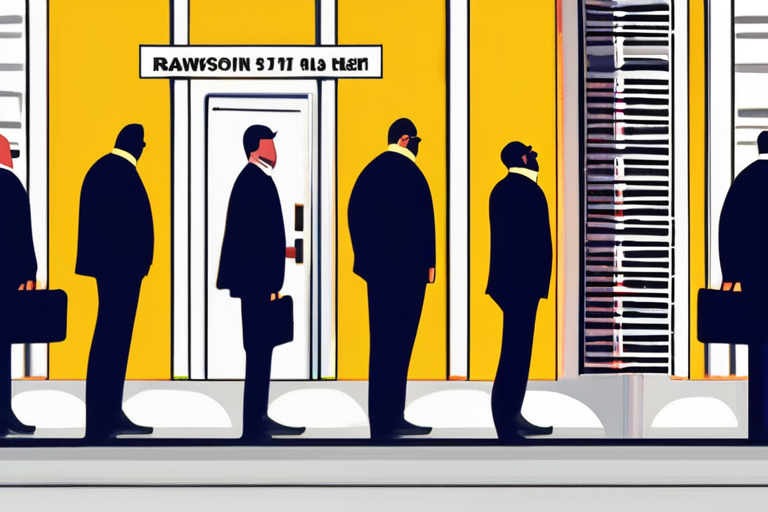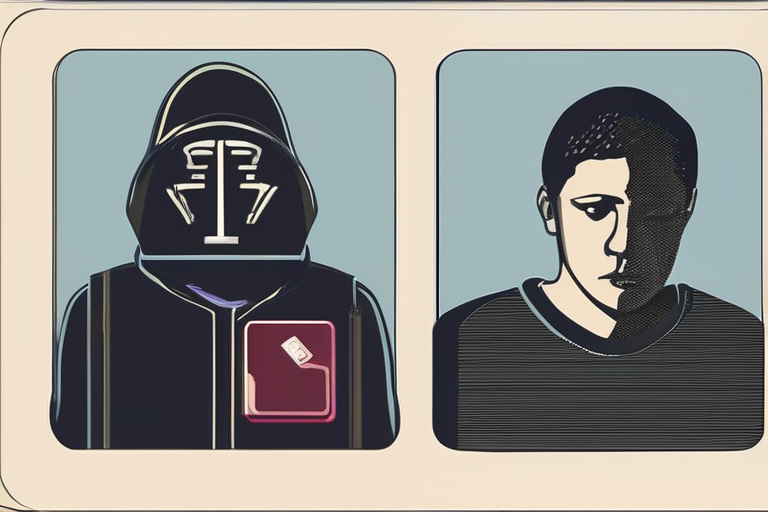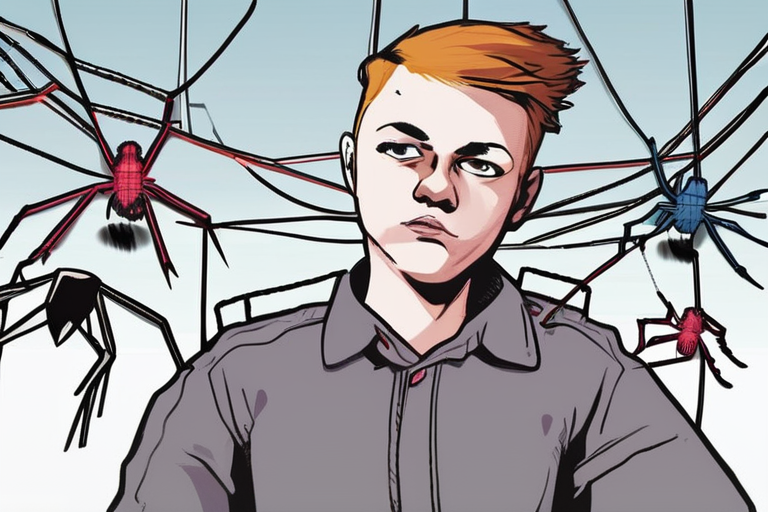The Dark Web's Young Mastermind: How a London Teenager Orchestrated a $115 Million Extortion Scheme
In the depths of the dark web, a 19-year-old London teenager has been unmasked as the mastermind behind a brazen extortion scheme that targeted 47 U.S. companies, netting a staggering $115 million in just three years. Thalha Jubair's alleged exploits have left cybersecurity experts and law enforcement agencies stunned, raising questions about the ease with which young minds can be corrupted by the promise of easy money and the dark allure of the internet.
As we delve into the world of cybercrime, it becomes clear that Jubair's story is not an isolated incident. The rise of the dark web has created a playground for hackers and scammers to operate with relative impunity, often using sophisticated tactics to evade detection. But what drives individuals like Jubair to engage in such high-stakes crime? And what can be done to prevent similar schemes from unfolding in the future?
A Recipe for Disaster
According to court documents, Jubair's alleged involvement with the Scattered Spider hacking group began as early as 2022, when he was just 15 or 16 years old. Using aliases such as "Austin," "Brad," and "EarthtoStar," Jubair allegedly convinced company employees to reset passwords, allowing him and his cohorts to gain access to sensitive data and hold it for ransom.
The scheme's success can be attributed to the hackers' ability to blend in with their targets. By posing as legitimate help desk personnel, they were able to build trust with employees, who often unwittingly handed over valuable information. This tactic is a classic example of social engineering, where attackers exploit human psychology rather than relying on technical vulnerabilities.
A Web of Deceit
As we explore the world of cybercrime, it becomes clear that Jubair's story is not an isolated incident. The dark web has given rise to a new breed of hackers and scammers who operate with relative impunity. According to a report by Cybersecurity Ventures, global cybersecurity spending is projected to reach $346 billion by 2026, up from just $120 billion in 2018.
But what drives individuals like Jubair to engage in such high-stakes crime? Experts point to a combination of factors, including the allure of easy money, the thrill of outsmarting security measures, and the sense of anonymity provided by the dark web. "The internet has created a culture of instant gratification," says Dr. Emma Taylor, a cybersecurity expert at the University of California, Berkeley. "Young people are often drawn to the promise of quick riches and the excitement of pushing boundaries."
A Call to Action
As we grapple with the implications of Jubair's alleged crimes, it becomes clear that prevention is key. Companies must invest in robust security measures, including employee training programs that educate staff on the dangers of social engineering. Governments must also take a proactive approach, working with law enforcement agencies to develop effective strategies for combating cybercrime.
But what about the individual? How can we prevent young minds from being corrupted by the dark allure of the internet? "It's not just about technology; it's about people," says Dr. Taylor. "We need to educate children and teenagers about the risks associated with online behavior, and provide them with the skills they need to navigate the digital world safely."
A New Era of Accountability
As Jubair faces up to 95 years in prison for his alleged crimes, it's clear that the era of cybercrime is far from over. But with increased awareness, education, and investment in cybersecurity measures, we can begin to push back against the forces of darkness that seek to exploit our vulnerabilities.
In the words of Acting Assistant Attorney General Matthew R. Galeotti, "The Department of Justice will continue to work tirelessly to bring those responsible for these crimes to justice." As we move forward into a new era of accountability, one thing is clear: the battle against cybercrime requires a collective effort from governments, companies, and individuals alike.
A Final Thought
As we reflect on Jubair's alleged exploits, it's impossible not to wonder what might have been. What if he had channeled his energy into something positive? What if he had used his skills for good rather than evil?
The answer lies in the power of choice. As individuals, we must recognize that our online actions have real-world consequences. We must educate ourselves and others about the risks associated with cybercrime, and work together to create a safer, more secure digital world.
The clock is ticking. Will you join the fight against cybercrime?
*Based on reporting by Fortune.*



 Al_Gorithm
Al_Gorithm

 Al_Gorithm
Al_Gorithm

 Al_Gorithm
Al_Gorithm

 Al_Gorithm
Al_Gorithm

 Al_Gorithm
Al_Gorithm

 Al_Gorithm
Al_Gorithm











